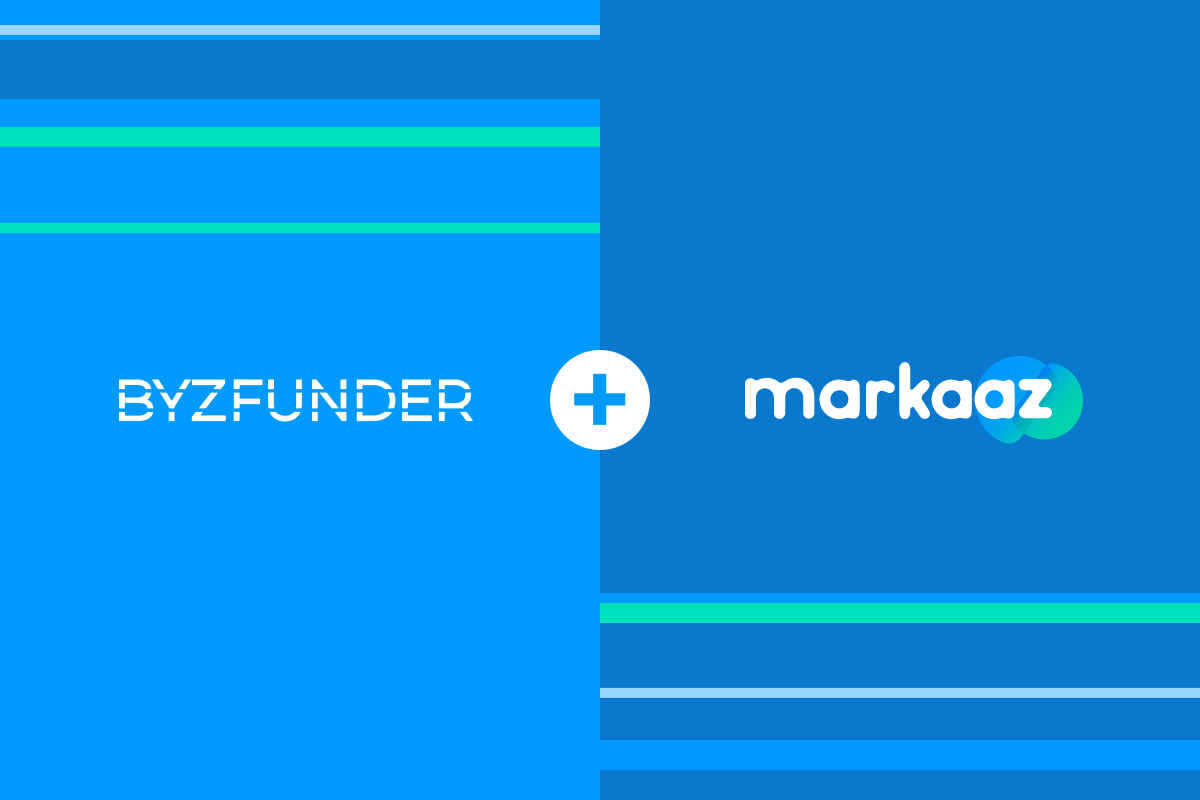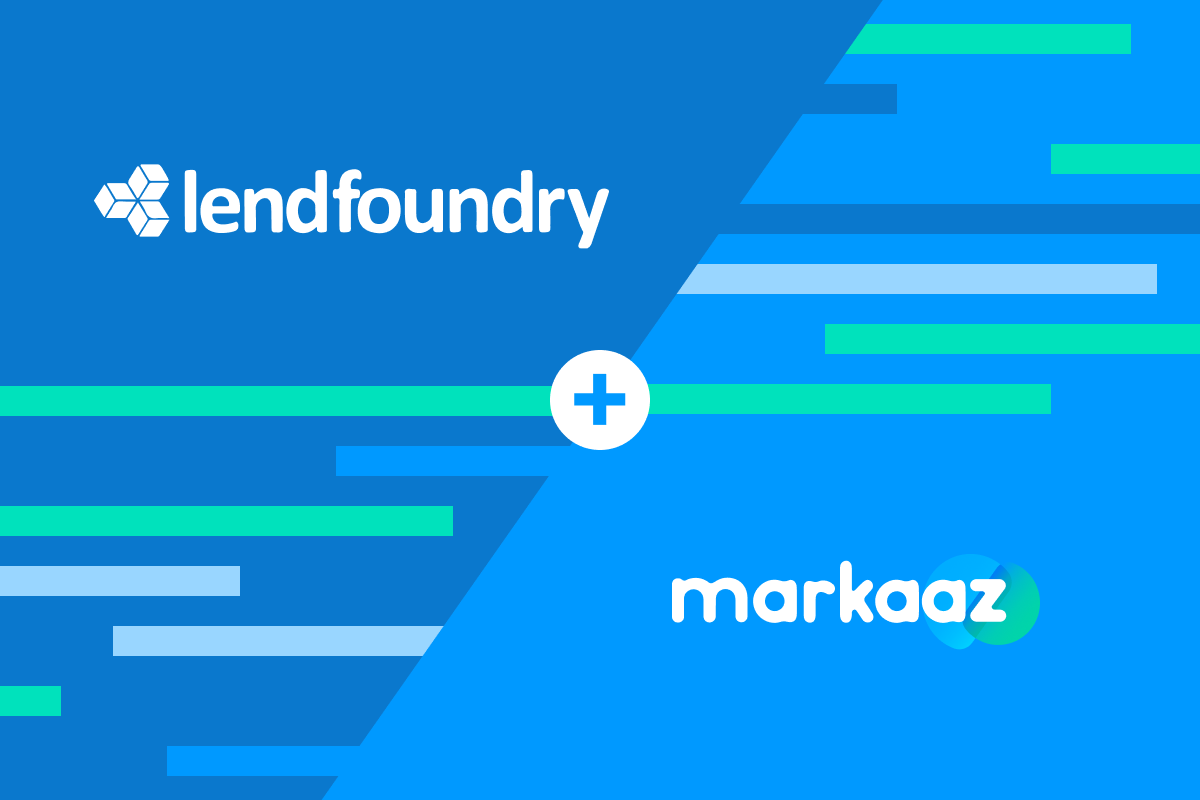Managing finances can be challenging for any small business owner.
Most of the time, your small business is successful because of the skills you bring to make your product or provide your service. If you don’t have much experience with managing a business’s finances, it can feel like a chore, which means you could be slipping into bad financial habits and practices that could ultimately harm your business.
Education and organization are two keys to financial literacy and keeping your business healthy. We’ve gathered some essential tips to help small businesses feel more confident in their day-to-day finances in this article.
Create & maintain a budget
Creating a budget to keep your small business from sinking into debt is essential. A budget will help you differentiate what you want versus what you need throughout your business operations. As a whole, 59% of entrepreneurs who apply for a loan use it to expand their business – ensure you’re among that number and have a plan for each new credit line opened.
A budget should include the money you expect to take in and the amount you expect to pay. With that mapped out, you can even branch out into forecasting, review any variances between projected and actual figures, and make changes accordingly.
Remember: Budgets aren’t just helpful for you and your team. They are one of the first things a business valuation expert, a banker, or an outside investor often asks for. With a well-built and maintained budget in hand, you’ll be able to provide a clear view of your company’s financial health.
Analyze your cash flow
A lack of cash is among the primary reasons businesses fail. The best way to stay on top of your cash flow is to create and maintain a statement to analyze your financial health and update it at least monthly.
With accounting software, creating this statement is very easy. However, you can also draft a cash flow statement by hand, drawing from your balance sheet and income statement. Start by creating a spreadsheet with your company’s total cash balance at the beginning of your chosen period (i.e., monthly, quarterly, etc.). Next, place all cash flowing in and out into three categories: investing activities, operating activities, and financing activities. Mark cash coming in as positive and cash going out as negative. Then, add it all up to arrive at a closing balance.
You have positive cash flow if the closing balance is higher than your starting balance. If the closing balance is lower, you have negative cash flow.
Positive cash flow is typically a sign of a financially healthy company. However, a new business often has negative cash flow if it has spent a lot on equipment and property or depends on venture or other funding as it grows. If you consistently face poor cash flow, you might need to adjust staff, inventory, or unit margins.
Don’t forget about yourself
Owning a business takes a lot of dedication and hard work, so it can be easy for small business owners to get caught up in growing their brand and, in turn, neglect their finances. Many businesses offer employees a 401(k), but if you’re an entrepreneur, it’s up to you to plan for your retirement. Most don’t – just 13% of self-employed or small business owners participate in a workplace retirement plan. Make sure you’re not only planning for your retirement but saving money for your rainy-day fund. While growing your business is essential, don’t forget that you need an income too.
Use tools to help
Despite many successes as entrepreneurs, business owners feel they aren’t knowledgeable about finances or accounting. As an entrepreneur, you’re a thought leader and an expert in your field and industry, which doesn’t necessarily involve the day-to-day operations of running your business, let alone the nitty-gritty of finances. There’s a lot to track when you’re running your business, but Markaaz is here to help. We’re building an all-in-one Dashboard, making it easier to keep track of your business. With the Dashboard, business owners have an at-a-glance view of all their business activity in one place. This includes connecting with accounting software to help you understand your cash flow and other critical financial metrics.
Learn more about how the Dashboard changes the game for small businesses, and join Markaaz today!




